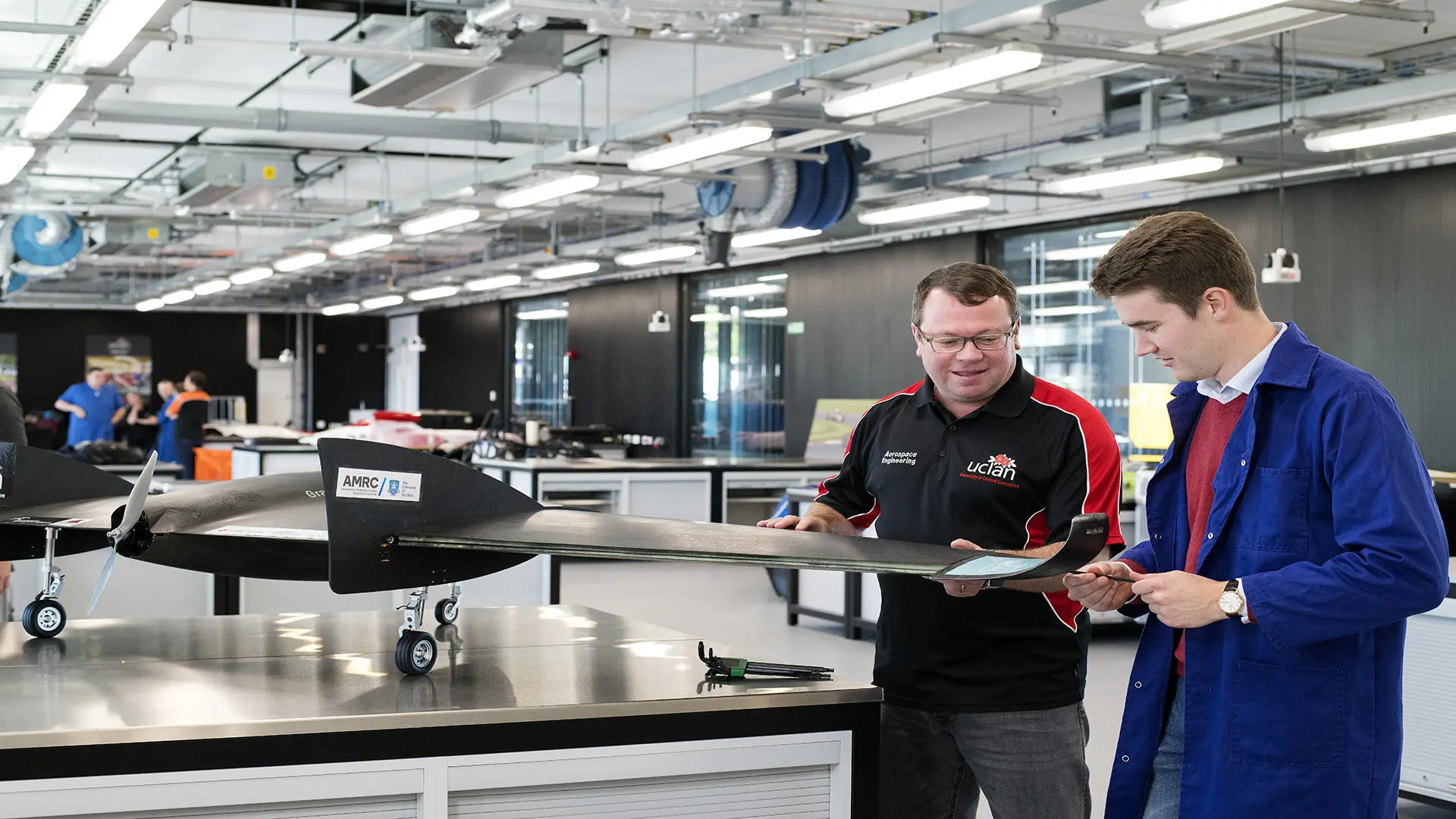This cross-European initiative is geared towards both to better understand barriers to drone technology and removing them to help foster economic growth and societal benefit.
At its core, Aerial Uptake aims to remove barriers that hinder the successful application of innovative drone technology across the European Union. While drone applications have promising potential in the fields of public safety, logistics and agriculture, a lacking European level playing field and limited knowledge and public acceptance of this emerging technology call for improved regional development policies to overcome these barriers. The project aims to reach this objective through interregional learning activities.
Aerial Uptake officially started on 1 August 2019, and its first phase will run for two years. The Preston partners join a number of European partners consisting of municipalities, regional governments and research institutes: Province of Overijssel and City of Enschede (The Netherlands), Government of Catalonia and I2CAT (Spain), City of Osijek (Croatia), Rzeszow Regional Development Agency (Poland), Preston City Council and University of Central Lancashire (United Kingdom) and RISE Research Institutes of Sweden.
The collaboration will focus on three thematic fields. Firstly, fostering innovation through facilitative measures for experimenting, testing and demonstrating novel UAS technologies. Secondly, promoting market uptake through enhanced collaboration and networking from an end-user perspective. Lastly, improving societal acceptance by addressing ethical, legal and social concerns, raising public demand and due consideration of potential social impacts and benefits.
Aerial Uptake continues to fly despite COVID-19
During one of the final weeks where free travel across Europe was still possible, the Aerial Uptake project partners came together in Linköping, Sweden for the 2nd interregional partner meeting.
Despite the current COVID-19 pandemic, Aerial Uptake continues to work.
Looking back on the 2nd interregional partner meeting
On 3 and 4 March, UCLan and Preston City Council project partners travelled to RISE, the Research Institutes of Sweden, along with partners and regional stakeholders at the campus of Linköping University.
Among the stakeholders were drone companies from Spain (Aerofor, Educaires), the UK (Halo Aerial, Aspira) and Poland (Cervi Robotica), as well as a representative from Saxion University of Applied Sciences from the Netherlands. During the meetings and workshops, the partners and stakeholders discussed amongst others the results of the first round of regional stakeholder group meetings and the preliminary results from the regional survey. A site visit to the Linköping based company MainBase provided interesting insights into the possibilities of transporting medical goods with their APID helicopter-like drone.
Regional survey
To assess the specific needs for each region, Aerial Uptake developed a questionnaire for all the partners to distribute in their respective region. The questionnaire is currently being filled in by citizens, drone industry, academia and regional authorities. It focuses on societal acceptance of drones, regional drone governance, and opportunities and barriers for drone business and research. During the coming weeks, the results will be processed and used to start writing action plans for each region. The final results are expected to be published in May.
Good practice collection
During the meeting in Linköping, the partners presented the first good practices that have been collected in their respective regions. Aerial Uptake aims to collect and disseminate a total of 18 good practices. These are successful projects, techniques or processes that could inspire other parties or regions in Europe to take innovative action. An example is the “readiness scan”, developed by University of Twente and Saxion University of Applied Sciences in Enschede, which can be used to measure not only technological readiness of a drone, but also its business, societal, ethical and legal readiness. This could help not drone businesses, but also policymakers making drone rules. All partners continue to collect good practices from their regions.
Next steps
Because of the COVID-19 situation, the 3rd interregional partner meeting in Osijek, Croatia has been delayed. The Idea Generation Workshop that was scheduled for this meeting is not suitable to take place online, just like the Policy Briefing Seminar. Therefore, Aerial Uptake’s progress is likely to be affected by the pandemic. Fortunately, the analysis of the regional survey results and good practice collection can continue as the project partners and regional stakeholder groups can come together through online platforms.
Want to know more or get in touch?
Follow us:

